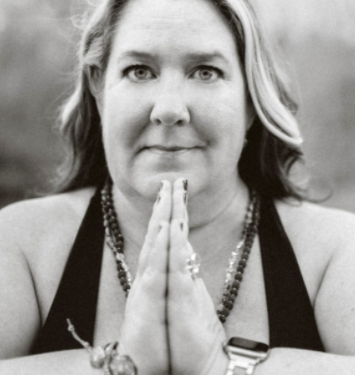By Amy Zellmer, Editor-in-chief
The approaching holidays can be a season of overwhelming activities, exhaustion, and burn-out for many of us. Whether it’s shopping for gifts, planning dinners with family, or traveling to loved-ones’ homes for get-togethers, the experiences can all be too much at times.
Here are a few simple tips to help you navigate this challenging, yet joyous time of year:
- Keep hydrated. The brain functions best when it is fully hydrated. When you are out shopping, you may become dehydrated rather quickly. You can combat this by always having a water bottle with you and refilling it often. As tempting as it is, drinking alcohol and caffeine will also cause you to get dehydrated, so it is best to avoid those types of drinks when you know you are going to be faced with overstimulation.
- Keep additional stimulation to a min Decrease the amount of stimulation in places where you have control. If you know you’re headed to the mall or crowded restaurant, don’t watch television before heading out or listen to the radio on the way. Take your sunglasses and earplugs along, and use them if necessary.
- Get additional rest. While this one seems obvious, the hustle and bustle of the holiday season sometimes makes finding time to rest difficult. Rest is critical to help our brain recover from overstimulation. Take a nap before or after your big outings, and do your best to get a good night’s sleep each night.
- Take shorter trips. If you have a lot to get done, you may want to consider breaking your errands into smaller trips. I find it easier to do one errand each day, rather than trying to cram five things into one outing. Your necessary tasks may take longer to do, but your brain will thank you.
- Make lists. I am the queen of sticky notes and shopping lists. Why add additional stress to the situation by going shopping without a clear list of where you need to go and what you need to get? Even with a list, you may still feel overwhelmed and out-of-sorts.
- Ask for help. This tip can be hard to do, but sometimes you need to ask for help—whether it’s asking for someone to drive you somewhere, carry your bags for you, or even run an errand for you. Know when you’ve reached your limits (or, preferably BEFORE you’ve reached your limits), and ask for help.











